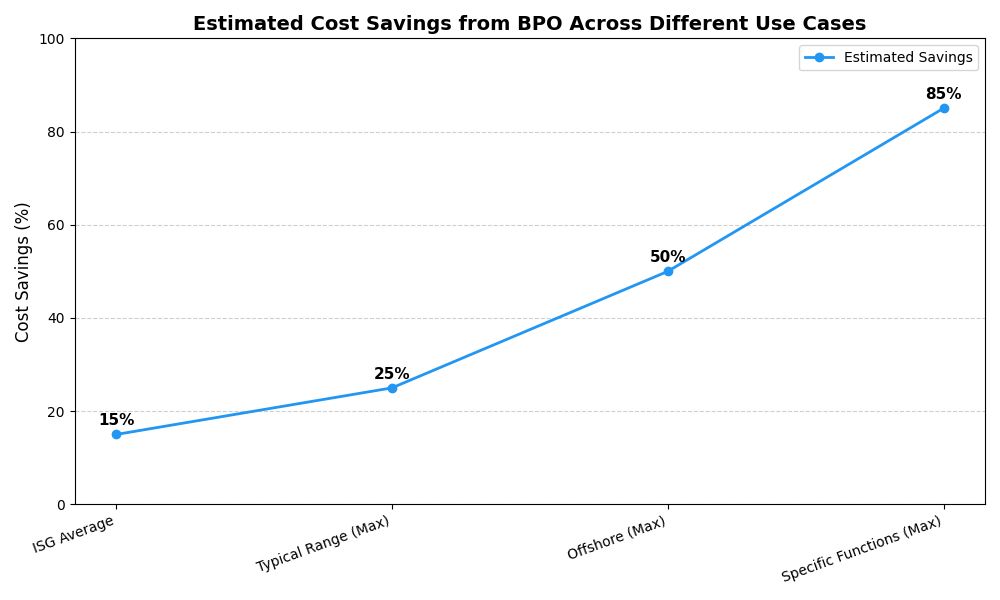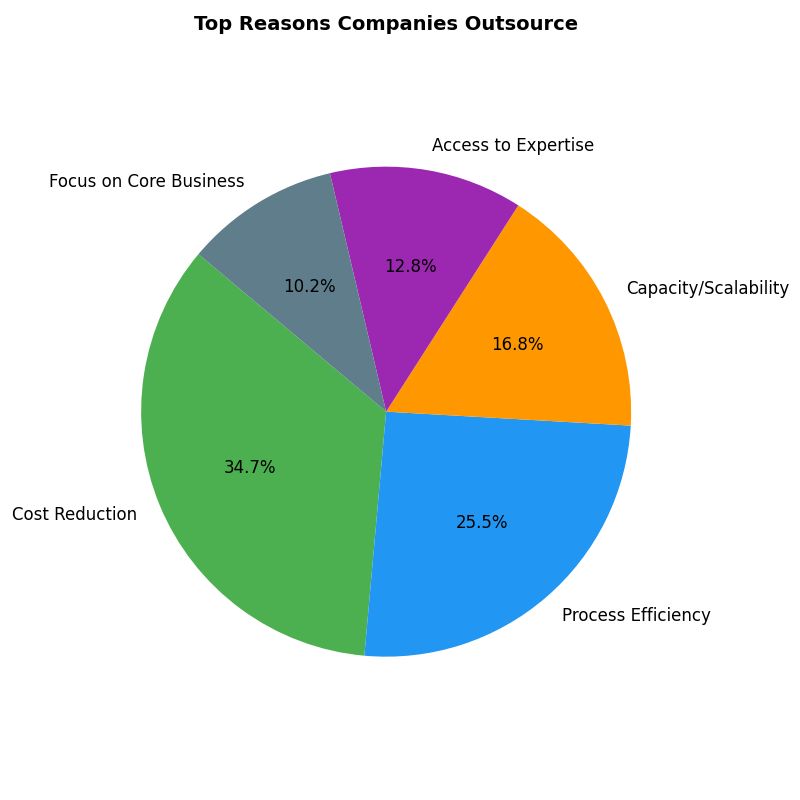In today’s dynamic global economy, businesses are constantly seeking innovative strategies to optimize operations and, crucially, manage costs effectively. One of the most impactful approaches gaining widespread adoption is outsourcing. By strategically delegating non-core functions to external specialists, companies are discovering powerful ways to reduce expenditures, enhance efficiency, and ultimately, bolster their bottom line.
The Driving Force: Cost Efficiency

At its core, outsourcing is a powerful tool for cost management. Companies can significantly reduce overheads associated with in-house operations, such as salaries, benefits, office space, equipment, and training. This is particularly true when outsourcing to regions with lower labor costs, allowing businesses to access high-quality services at a fraction of the price.
Beyond direct labor costs, outsourcing can also lead to substantial savings in:
Infrastructure: Eliminating the need for extensive office space, technology, and utilities.
Technology & Software: Accessing cutting-edge tools and platforms without the hefty upfront investment.
Training & Development: Leveraging the expertise of specialized teams who are already proficient in their fields.
The Rise of Africa in the BPO Landscape
The African continent is rapidly emerging as a prime destination for Business Process Outsourcing (BPO). This growth is fueled by a combination of factors, including a large, young, and increasingly educated workforce, a growing pool of multilingual talent, and improving digital infrastructure.
Consider the impressive strides being made in countries like Ethiopia. While internet penetration currently stands at 19.4% in early 2024, it reached 21.3% in January 2025, demonstrating rapid growth. Reports also project that over 50 million Ethiopians will have access to mobile internet by 2028. This expanding connectivity, coupled with a burgeoning talent pool, makes Ethiopia and other African nations increasingly attractive for companies looking to outsource and manage costs.
The African BPO market is experiencing significant growth, with projections indicating a substantial increase in job creation within the sector over the next few years. This growth is a testament to the continent’s growing capacity to deliver high-quality, cost-effective services across various industries.
Beyond Cost Savings: Strategic Advantages of Outsourcing

While cost reduction is a primary driver, outsourcing offers a multitude of other strategic advantages that contribute to overall business health:
Focus on Core Competencies: By offloading non-essential tasks, companies can reallocate internal resources and focus on their core business activities, driving innovation and competitive advantage.
Access to Specialized Expertise: Outsourcing provides access to a global talent pool, allowing companies to tap into specialized skills and knowledge that might be expensive or difficult to find in-house.
Increased Efficiency and Productivity: BPO providers often have streamlined processes, advanced technologies, and economies of scale that can lead to higher efficiency and faster turnaround times.
Scalability and Flexibility: Outsourcing allows businesses to scale operations up or down quickly in response to changing market demands, without the complexities of hiring and firing.
Risk Mitigation: Spreading operations across different locations can help mitigate risks associated with natural disasters, political instability, or economic downturns in a single region.
In Conclusion
In an era where every dollar counts, companies are increasingly recognizing the strategic imperative of cost management. Outsourcing, particularly to emerging markets like those in Africa, presents a compelling solution. It’s not just about cutting expenses; it’s about building a more agile, efficient, and resilient business model that can thrive in an ever-evolving global landscape. As the digital infrastructure in countries like Ethiopia continues to advance, the opportunities for cost-effective and high-quality outsourcing will only continue to grow, making it a key strategy for companies looking to manage costs and achieve sustainable growth.
Author Profile
- admin-rem
Latest entries
 UncategorizedSeptember 29, 2025Beyond the Dam: A Look at How the GERD is Fueling Ethiopia’s BPO Future
UncategorizedSeptember 29, 2025Beyond the Dam: A Look at How the GERD is Fueling Ethiopia’s BPO Future UncategorizedJune 28, 2025Rem assist: your guide to the future
UncategorizedJune 28, 2025Rem assist: your guide to the future UncategorizedJune 11, 2025BPOs emerging growth in African cities: why Ethiopia is the future hub of outsourcing
UncategorizedJune 11, 2025BPOs emerging growth in African cities: why Ethiopia is the future hub of outsourcing UncategorizedMarch 13, 2025Corporate costs: How companies are looking to manage costs by outsourcing
UncategorizedMarch 13, 2025Corporate costs: How companies are looking to manage costs by outsourcing


